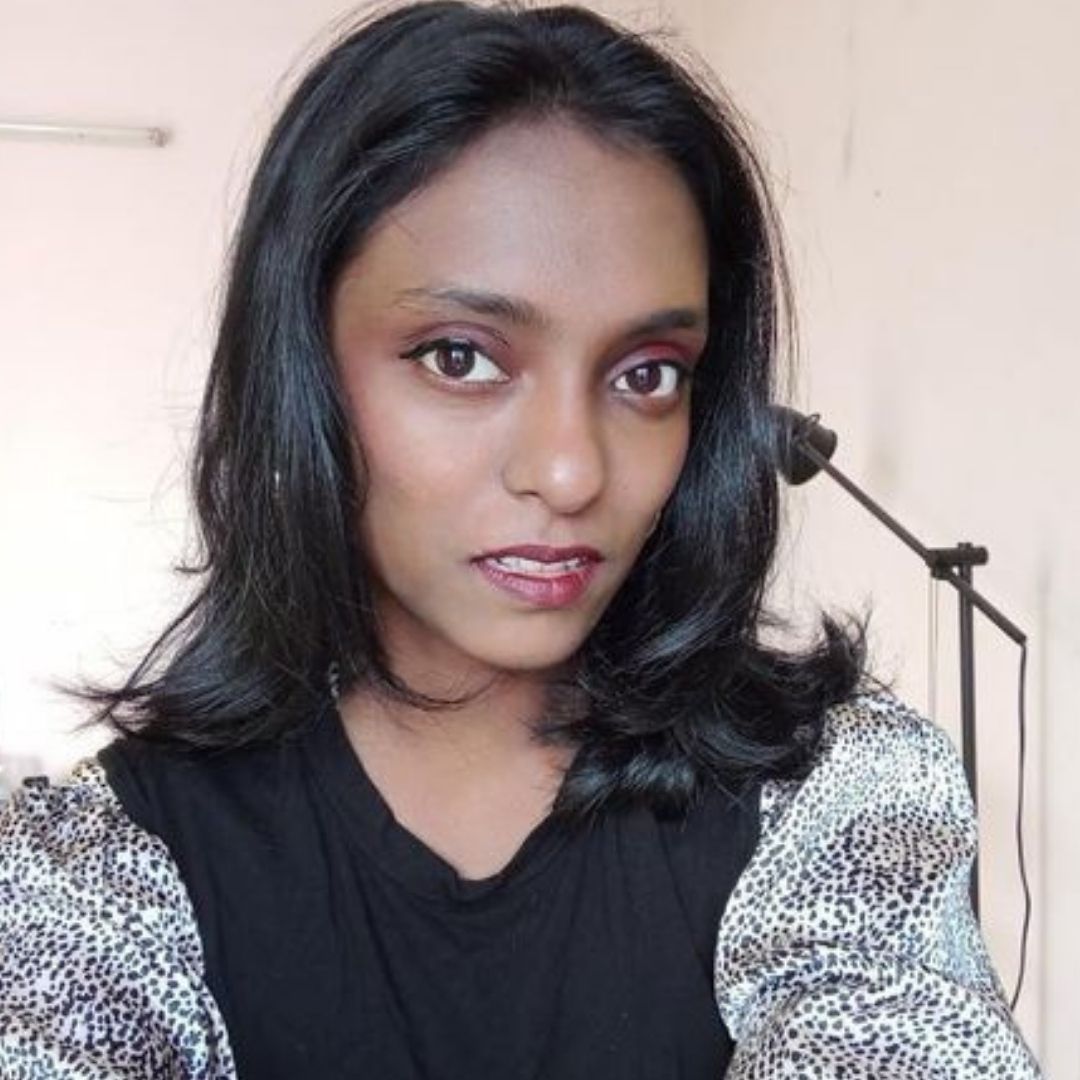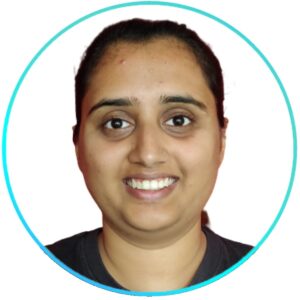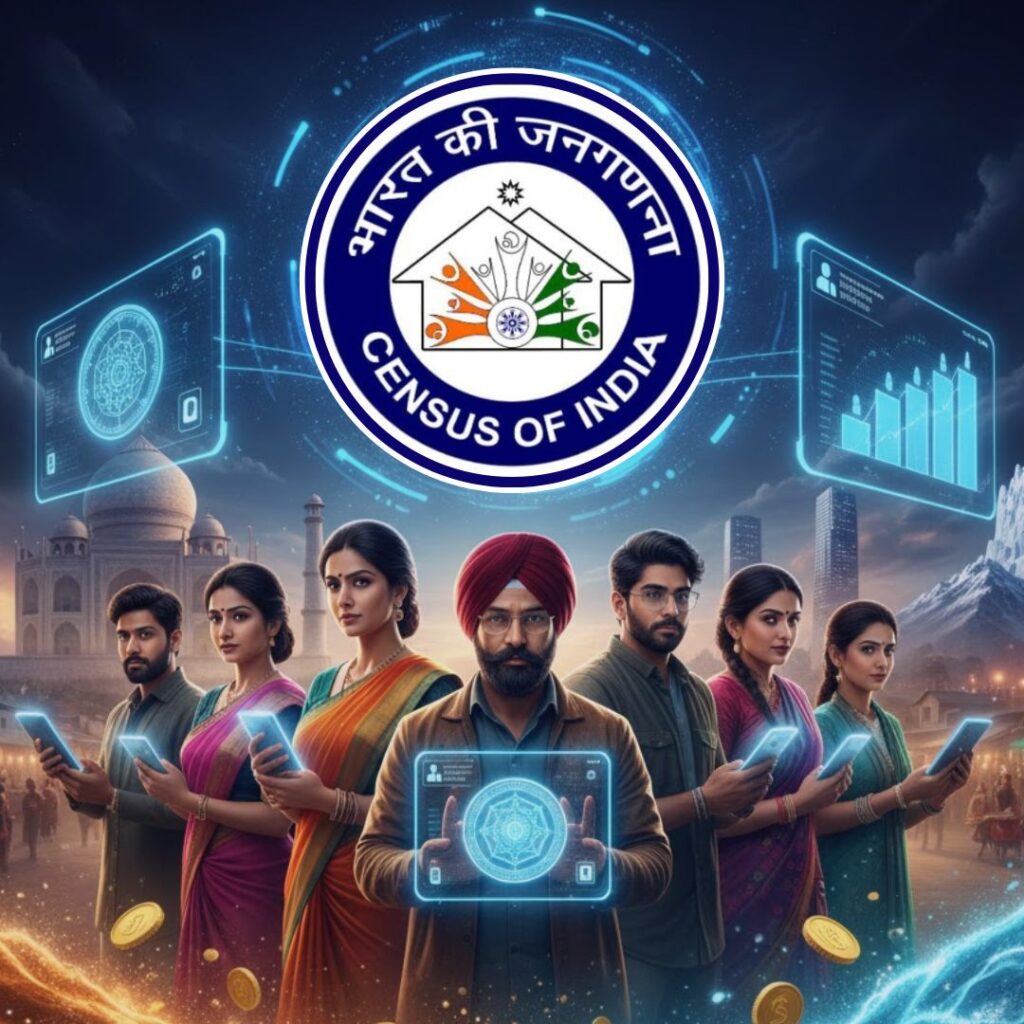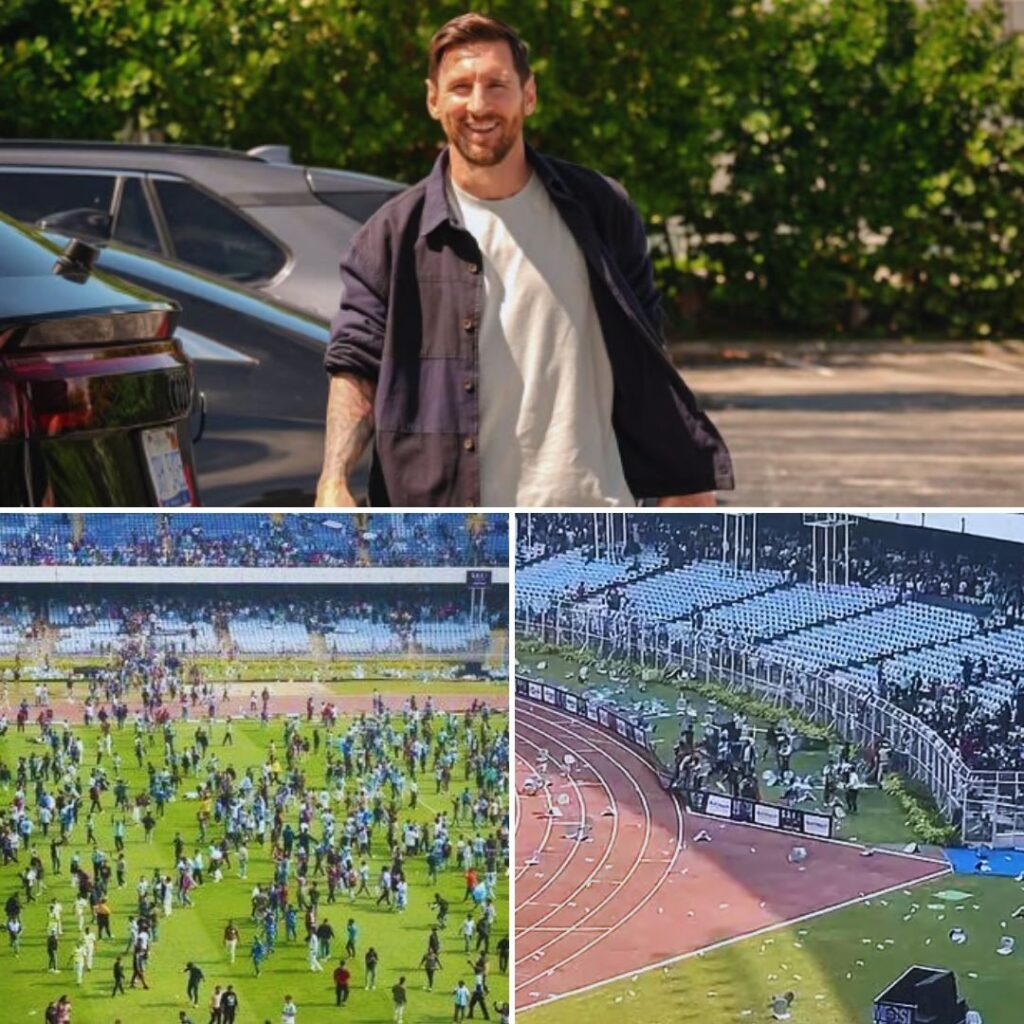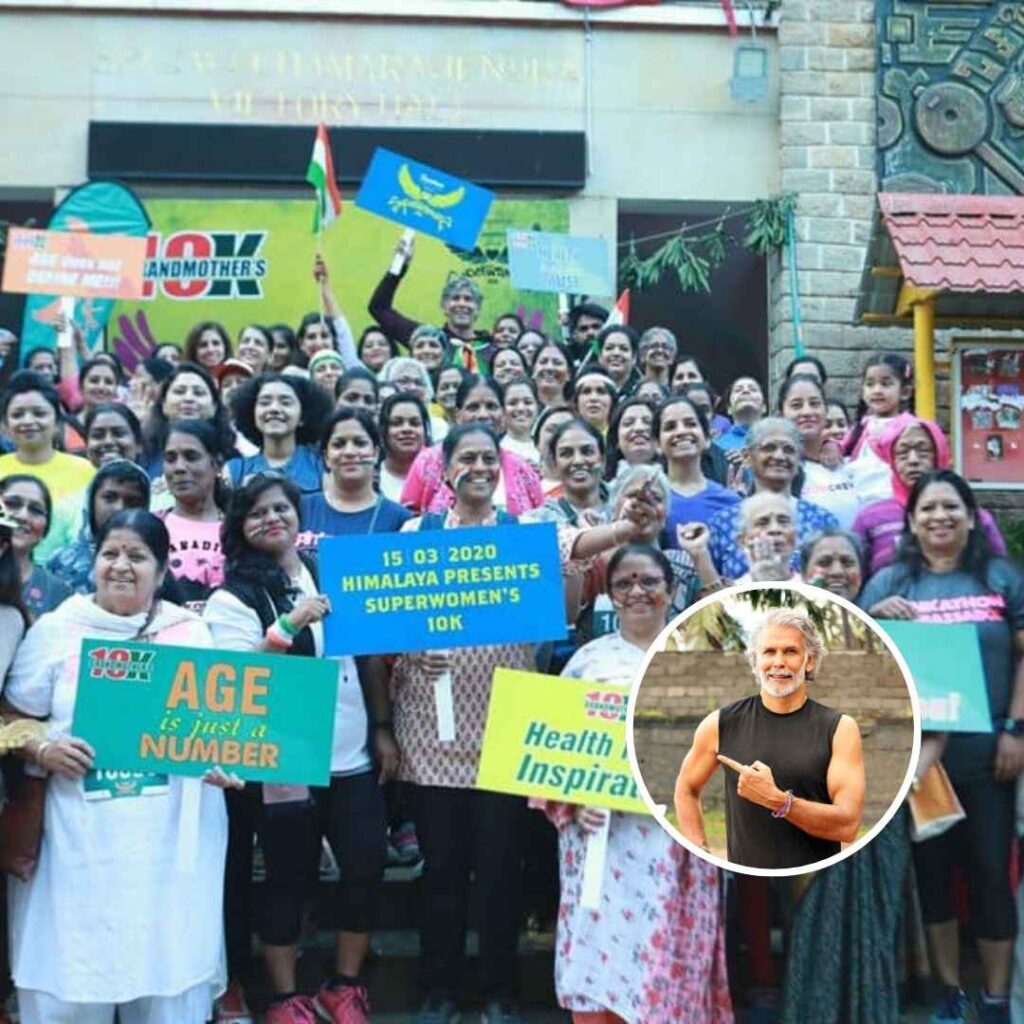I distinctly remember it was after my first studio lecture in my design class. The principal’s assistant walked in with a paper in her hand, which contained my results. It was transparent enough for anyone to make out its contents.
Before the paper was put on the notice board, my classmates read out the number they scored. However, my eyes were fixated on something entirely different. I feared they would spell my full name instead of writing initials because my surname was a bit of a problem. It was ‘Kaki’ (Telugu), meaning ‘crow’.
My name is Tabitha Percy. I am a short, dark-skinned, flat-chested, Dalit Christian woman studying in an architecture school in Andhra Pradesh. The lower caste is perceived in a certain way in urban India, my name itself being a major caste marker.
Name As A Caste Marker
My name was carefully picked out from the Bible by my parents. Father named me Tabitha and mother Percy. ‘ Many parents of the 90s who converted to Christianity were not giving their kids Christian names because they were worried that their kids might get picked on. So, the kids I went to Church with had two names, one they had in the Church and the other for outside it.
However, I didn’t have a problem; it was such a unique-sounding name. My parents were thrilled in their faith, and they wanted to flaunt their identity by naming their firstborn with not one but two biblical names.
Faced Discrimination At Every Level
Embracing my identity was not easy. My name was a massive giveaway of our caste because people converting to other religions from Hinduism were mostly lower caste. It brought in so many comments that my family did not anticipate.
We lived in a government township where we were one of the few Dalit residents. Our neighbours were primarily upper-caste families. In South India, the lower caste community eats non-vegetarian food only four days a week. Some, however, do not follow this properly and eat them for every meal. As a child, I remember our brahmin neighbour was walking by, stopped and called out to my mother to say. ” Aneela cooking meat again? I can smell it from my home.”
Only a few months ago, I was at a friend’s place. Her mother brought in a big pot containing chicken. Then it hit me that everyone eats non-vegetarian food, and only a few are ridiculed for it. The radicalised view impacted my mother so much that she became a vegetarian.
A Sheltered Childhood
In retrospect, my childhood was very restrictive. My parents never allowed me to go to any neighbour’s houses because of the fear of touching their stuff or misbehaving.
Not only that, but they also believed in self-regulating our lives for the sake of keeping them regular. It included walking with our heads down when walking on the street. My mother told me that this made us ‘humble’ in the eyes of God.
Therefore, it was instilled in me that I was not good enough. My existence garnered a lot of stigmas. It resulted in generational trauma, something I inherited from the people who lived before.
‘Who Am I?’
I struggle to find my ground in this neo-liberal – the late capitalist world of ‘boss babes’ and ‘girl bosses’. The question ‘Who am I ?’ is a nightmare. When someone asks my name, I think for a second if I have to say, Tabitha or Percy. The question is always followed up by the anxiety-inducing question, that was about my caste.
My instant reaction was to run away. Nonetheless, I always said I am Christian. My answer is followed by question mark faces by the person who asked it. Later, it dawns upon them I am Dalit. Immediately I am judged for everything I just said, how I said it. Right from my appearance, clothes and mannerism, everything is scrutinised. Sometimes, I would say I am a brahmin but that got me into a bit of trouble with the follow-up questions to which I didn’t have answers. The generational trauma resulted in me undergoing therapy. Not only that, I even indulged in art. For me, art is a form of introspection. It forces you to introspect. In the search for lines, shapes and colours, somewhere you find your insecurities, your strength and work on them, along with learning to draw and paint.
It has been 27 years since I have lived with this identity. Now, I proudly spell my name out. I do not let the stigma deter me from embracing myself in the best way possible.
If you too have an inspiring story to tell the world, send us your story at mystory@thelogicalindian.com


